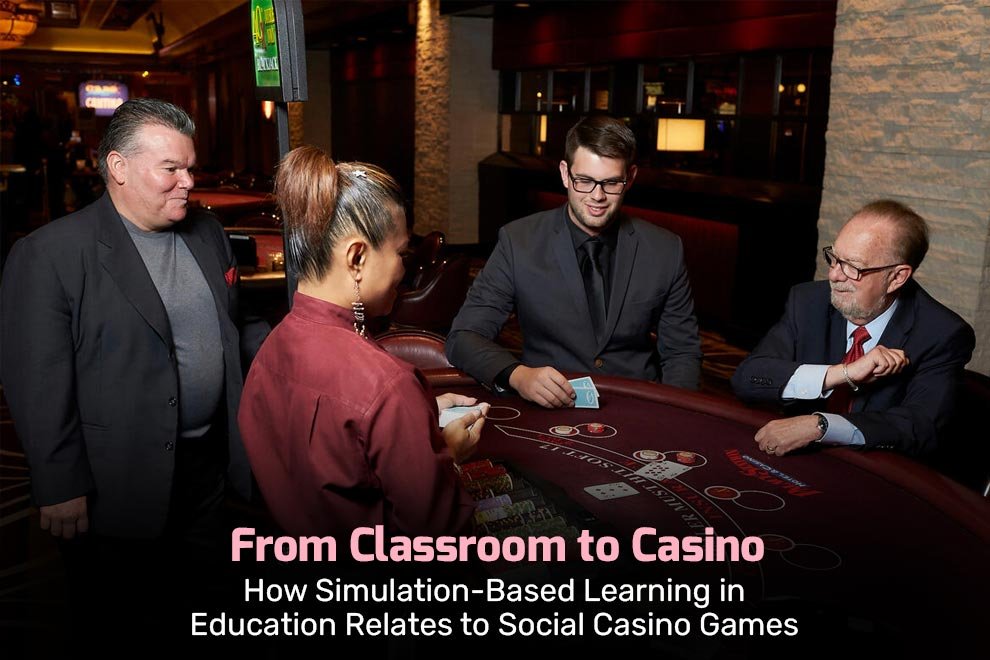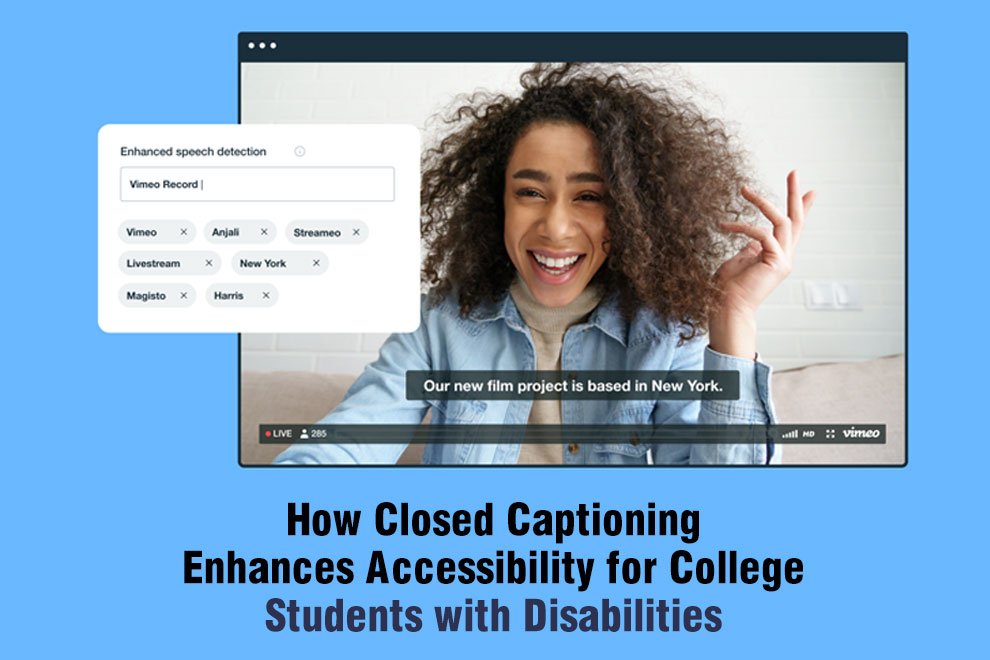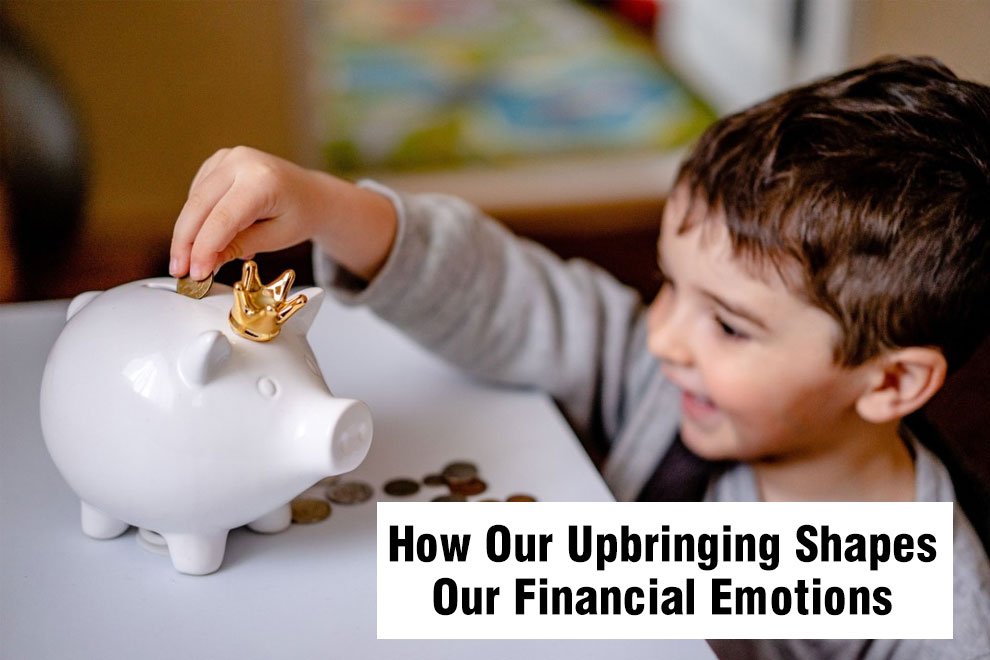Simulation-based learning is revolutionizing education by providing students with immersive, interactive experiences that replicate real-world scenarios. This approach, which has long been used to enhance learning in fields like medicine, engineering, and business, is also finding its place in the world of social casinos. But how do these two seemingly distinct areas—education and social casino games—share similarities in terms of simulation? Let’s explore how the principles behind simulation-based learning in education are mirrored in the world of social casino games.
What is Simulation-Based Learning?
Simulation-based learning uses technology to replicate real-life situations, allowing learners to practice and hone skills in a controlled, risk-free environment. This approach is designed to promote active learning by encouraging students to engage in problem-solving, decision-making, and critical thinking.
In educational settings, simulations can take various forms:
- Virtual reality (VR) environments where students can engage with 3D models.
- Role-playing games that mimic real-world scenarios.
- Case studies and interactive quizzes that test knowledge.
The beauty of simulation-based learning is that it encourages hands-on experience, which is far more effective than passive learning methods like traditional lectures.
Social Casino Games as a Form of Simulation
Social casino games, such as those offered by High Roller’s online real money casino games and slots, might seem worlds apart from traditional education. However, they both leverage similar principles of gamification and simulation to engage users. In a social casino game, players are immersed in a simulated gambling environment where they can practice strategies, decision-making, and risk assessment without the real-world consequences.
In these games, players engage in activities like:
- Choosing play amounts and managing virtual coins.
- Developing strategies to increase the likelihood of winning.
- Understanding the dynamics of various games like slots, poker, or blackjack.
These games are structured to be fun, but they also teach players how to think critically, manage resources, and assess risks—skills that are vital in many educational contexts.
The Overlap: Skills Learned in Both Education and Social Casino Games
Though the context is different, the skills learned through both simulation-based education and social casino games are strikingly similar. Here’s how:
1. Critical Thinking and Decision-Making
- In Education: Simulation-based learning often places students in complex scenarios where they must make decisions based on available data. For example, medical students may diagnose a virtual patient based on symptoms.
- In Social Casino Games: Players must decide how much to bet, when to take risks, and when to stop—decisions that require quick thinking and adaptability. The outcomes of these decisions are based on probabilities and understanding the game mechanics.
2. Risk Assessment
- In Education: Students are often required to assess risks in simulated business, economic, or environmental situations to understand the consequences of their choices.
- In Social Casino Games: Players are constantly weighing the potential risks versus rewards when playing slots or poker. Understanding when to push forward and when to hold back is a core part of the strategy in these games.
3. Resource Management
- In Education: Resource management is a common theme in simulations, such as managing a budget in an economics class or allocating time and resources in a project management simulation.
- In Social Casino Games: Managing virtual coins, deciding when to increase play amounts or when to save coins for future plays, mirrors the concept of resource management seen in educational simulations.
4. Engagement and Motivation
- In Education: One of the key goals of simulation-based learning is to keep students engaged through interactive, realistic scenarios. By actively participating in the learning process, students are more likely to retain information and develop practical skills.
- In Social Casino Games: The fun and immersive nature of social casino games keeps players engaged while they practice their decision-making skills. The game’s rewards system, such as unlocking levels or earning virtual coins, acts as a motivating factor that encourages continued participation.
How Simulation-Based Learning Can Improve Social Casino Games
While social casino games offer a unique form of entertainment, there’s much that these games can learn from educational simulations. By incorporating elements that encourage more strategic thinking, resource management, and deeper decision-making, social casino games could become more enriching for players.
Adding Educational Value to Social Casino Games:
- Incorporating Learning Tools: Game developers can introduce lessons on probability, statistics, and game theory. Players could be provided with tutorials that teach them more about how the games work, making them not just fun but also educational.
- Enhanced Reward Systems: Similar to how educational simulations provide feedback on decision-making, social casinos could offer more detailed feedback on players’ strategies, allowing them to learn from their mistakes and improve.
By making social casino games more educational, players could gain additional life skills that extend beyond the game itself, such as financial literacy and risk management.
The Future of Simulation-Based Learning in Social Casinos
As the boundaries between entertainment and education continue to blur, there’s an exciting opportunity for social casino games to evolve into platforms that offer both fun and educational value. By leveraging the core principles of simulation-based learning, developers can create games that are not only entertaining but also teach players valuable life skills.
Conclusion
The connection between simulation-based learning in education and social casino games may not be immediately obvious, but both use similar principles to engage users, encourage critical thinking, and foster decision-making skills. Whether it’s a student navigating a complex business simulation or a player strategizing their next move in a social casino game, both environments offer valuable learning experiences in a safe, risk-free space.
As educational simulations continue to evolve and social casino games become more sophisticated, the potential for crossover and innovation in both industries is vast. By integrating the best aspects of both worlds, we can create more engaging, educational, and impactful experiences for learners and players alike.
For a deeper understanding of the psychology behind learning in simulations, visit this educational source.
Also Read: Top 3 Classroom Control Strategies by Love and Logic









